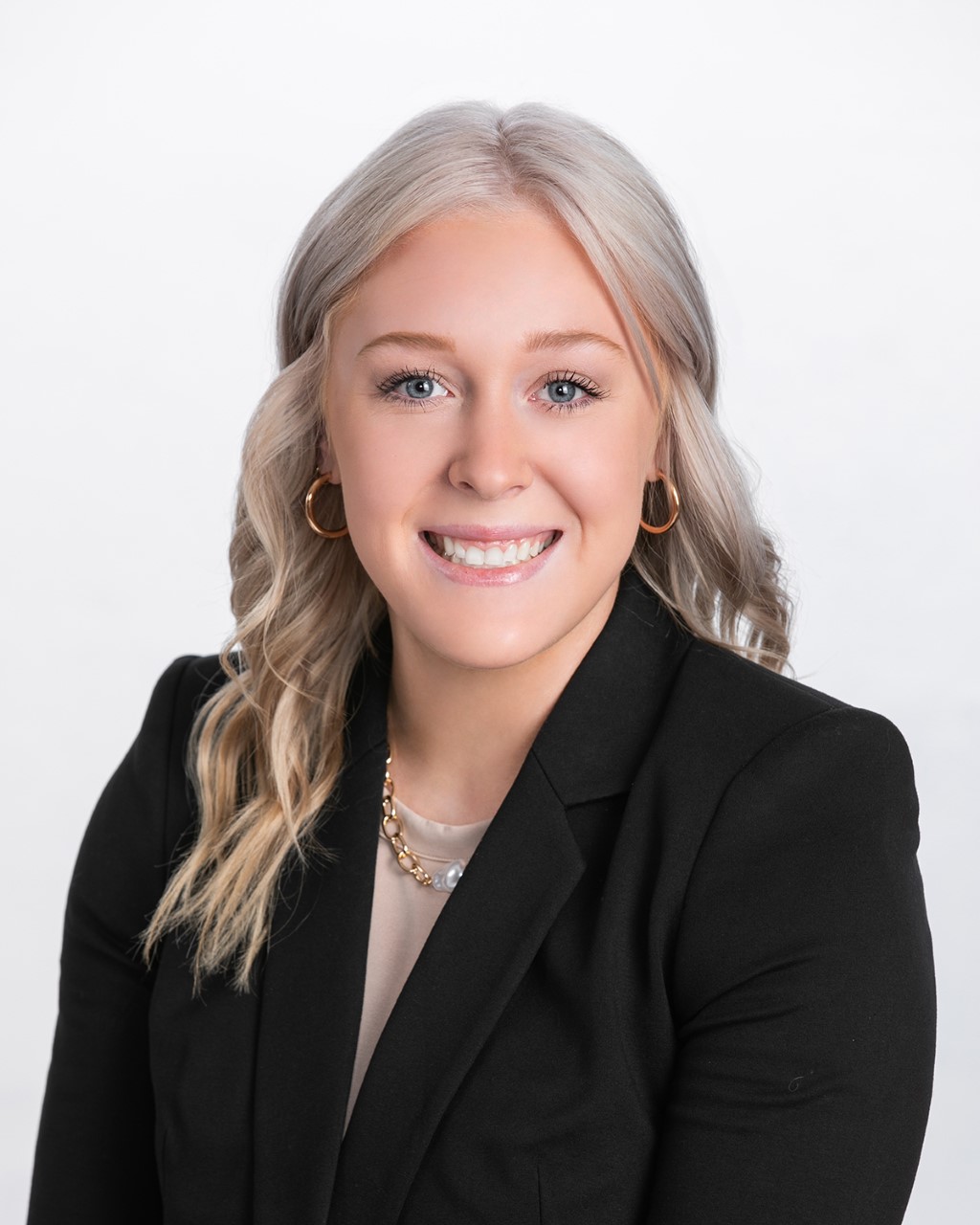There are probably few things in life that are as exciting–or as nerve-racking–as the search for a house. With
an organized home-buying plan, a great deal of the emotional impact is minimized. By determining your buying
power, your desires and needs, and having an organized search plan, your chances of a stress-free
experience increase.
Certain types of homes may appeal a bit more to some single homebuyers. For example, since most of the
maintenance will be done by one person rather than two, many single buyers prefer homes such as
townhouses and condominiums where some or all of the exterior maintenance, landscaping, snow removal,
etc. is handled by the homeowner’s association. In addition, some single buyers prefer the community aspect
of these types of homes and the sense of safety that may be conveyed by having neighbors close by.
Many single homebuyers are single parent families. A common mistake is to tailor their purchase too closely to
their current needs and not enough to future resale. For example, a one bedroom, two-bath single-family home
with a kitchen may be perfect for you, but it could be next to impossible to sell. It would be far better to have
additional bedrooms and have them sit empty (or use them as an office, exercise room, etc.) than to not have
them at all.
Gertrude Singer, a realtor with National Realty in Palm Bay, suggests that single buyers consider a few issues
when preparing for and purchasing a home. According to Singer, the single homebuyer should
· Run before walking. This is easy to do once the decision to buy a home has been made. It means rushing
off to look at homes, surfing the web, or calling on advertisements before doing some up-front preparation.
· Don’t over-buy the first time. A large and beautiful home with little or no furniture tends to be empty and
cold. A life where almost every dime of your earnings goes to the support of your house wears thin very
quickly and is a frequent cause of family stress. Leave yourself some breathing room!
· Compare mortgages. Don’t accept the first plan presented to you. Spend time comparing to garner the most
advantageous plan for your requirements and financial situation
· Get a pre-approved mortgage. Pre-qualification and pre-approvals are a necessary part of the home buying
process. It will give you an exact price range for your purchase, and the pre-approval will add more strength to
your offer
· Don’t wait for the “perfect” home. Many first time buyers make the mistake that if they search long enough,
they’ll find a home that contains 100% of their needs and wants. Instead, it makes sense to determine your top
needs and desires. Then, select a home that meets the majority of them.
· The inspection process. This can involve skipping a whole house inspection completely in order to save the
relatively small amount of money involved, or it may involve using a friend or relative with limited experience to
conduct the inspection. In either case you run the risk of not exposing potentially expensive–or even
hazardous–defects in the property. Protect yourself by investing the $200 to $500 for a professional
inspection.
John Kuehne, a realtor with Pruitt Real Estate, Inc., advised that once the decision to buy a home is
cemented, take time to prepare before you go on your home search.
· Get your financial house in order first!
· Determine what your budget will comfortably allow and stick to it.
· Get pre-approved for a mortgage.
· Get familiar with the different housing types available to help narrow your search.
· Determine your minimum requirements of a house as well as any additional desired features.
· Make a list of any items that you don’t want in a house.
· Determine the desired location (schools, work, public transportation, etc.)
· Choose an agent that you feel comfortable with and understands your needs.
Kuehne also suggests using a scorecard to compare homes as you search. He explained that, “A scorecard is
a great tool when it comes time for comparisons (and for remembering which home had which features).”
First-time buyers often find out too late that buying a home can be an emotionally charged experience. Once
they plunge into the process, they find out how addictive it can be. When the time arrives to make an offer,
they can hardly think straight.
Here are some tips on how to handle the most common emotional and family-related problems that
crop up in the home-buying process.
* PROBLEM: Should I buy or should I rent? Even if you know you would be better off financially if you buy a
home, you might still be better off renting. Here are some legitimate reasons to rent: You don’t know where
you want to live, your desirable neighborhood is too expensive, you’re at risk for a job transfer, or your
company seems to be on shaky ground. You may also be carrying a lot of personal debt (credit card, car or
school loans) and lack cash for a down payment. If you can’t deal with the potential risk of an investment in
real estate, you should also consider renting for a while longer.
* PROBLEM: I feel like I’m being talked into buying a home I can’t afford. The idea behind homeownership isn’t
to force you into bankruptcy. If it is done correctly, you can set yourself up financially for years to come.
The answer is to “under-buy.” Basically, you spend less than you can afford to spend. That will leave you more
cash for other investments and the ability to treat yourself and your family to a few meals out and perhaps a
vacation or two.
* PROBLEM: My divorce wrecked my credit. Unfortunately, rarely does a divorce end happily for all. More
likely, everyone ends up with tattered emotions.
The first thing to do is purchase a copy of your credit report from each of the three major credit-reporting
agencies (Experian, Trans-Union and Equifax). Start writing to creditors and try to negotiate an end to the
finance charges and comply with a schedule.
If you haven’t canceled your joint cards, now is the time. Pay off all outstanding bills. If you owe spousal or
child support, continue making your regular payments or you could find yourself in even worse trouble.
* PROBLEM: I have a great job and lousy credit, and my spouse has great credit and a lousy job history.
Mismatched careers and credit histories are extremely common. In the real world, rarely do spouses or
10
partners generate the same amount of money. The best solution is to remain at your jobs for at least a year
and work on improving the credit history.
* PROBLEM: I don’t know how to approach my partner about a partnership agreement. Find a quiet, relaxing
time to bring up the issue of a partnership agreement. Together, you should find a real estate attorney who
can review your various options and help you outline the goals of the partnership. If the conversation becomes
uncomfortable and you find yourself unable to resolve simple conflicts, you may want to rethink your choice of
a home-buying partner.
* PROBLEM: We can’t agree on what we want to buy. You and your spouse or partner should each write up a
wish list and reality check. A wish list is everything you’ve ever wanted in a home, from size, shape and
amenities to school district and the ideal commute to work. The reality check is everything you can’t live
without. Once you’ve completed your separate lists, sit down and combine them.




